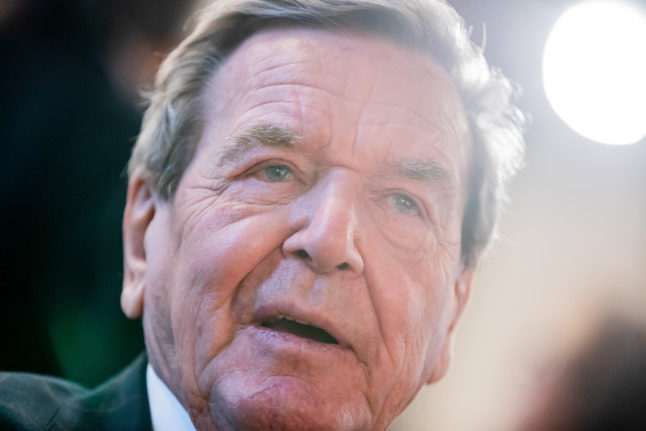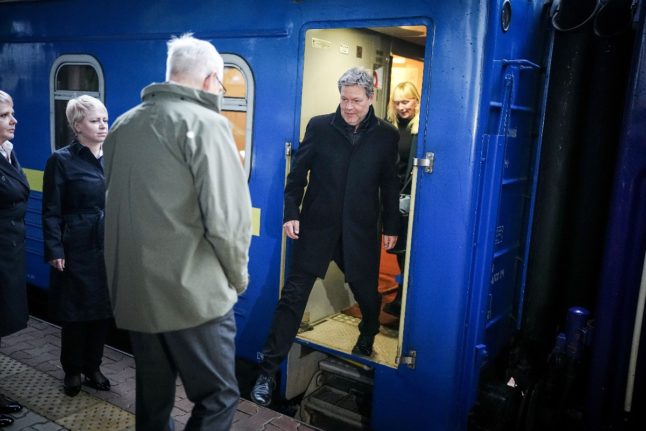Rosneft said that Schröder and Nord Stream 2 CEO Matthias Warnig informed the company that it was “impossible to extend their powers on the board of directors” a day after Germany stripped Schröder of official perks over ties with Russia.
Rosneft praised their “strategic vision” and “significant contribution to the international business of the company”.
“Their role in the implementation of large-scale infrastructure projects in Russia and Germany, aimed at increasing the efficiency of the Germany economy and its industry and the well-being of its citizens, is invaluable,” Rosneft added.
READ ALSO: Germany strips Schröder of official perks over links to Russia
Schröder, who was Germany’s leader from 1998 to 2005, had been slammed for refusing to quit his posts with Russian energy giants Rosneft and Gazprom following Russia’s war in Ukraine.
The German Bundestag’s decision to strip Schröder of an office and paid staff on Thursday came after a long effort to get him to turn his back on President Vladimir Putin.
“The coalition parliamentary groups have drawn consequences from the behaviour of former chancellor and lobbyist Gerhard Schröder in view of the Russian invasion of Ukraine,” the parliament decided.
“The office of the former chancellor shall be suspended,” it said, noting that Schröder “no longer upholds the continuing obligations of his office”.
The cost of Schröder’s office and employees was estimated to cost taxpayers around €400,000 per year.
EU lawmakers separately called in a non-binding resolution on the bloc to slap sanctions on Schröder and other Europeans who refuse to give up lucrative board seats at Russian companies.
Schröder, 78, is due to join the supervisory board of gas giant Gazprom in June.



 Please whitelist us to continue reading.
Please whitelist us to continue reading.
Member comments